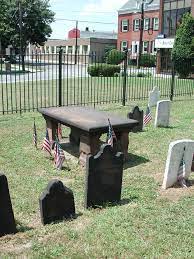Students, Amateurs and Attempted Murder: The Strange Case of the Paine Brothers and the 1896 United States Olympic Team

Fourteen nations competed in the first ever modern day Olympic Games held in Athens in 1896. In 1894 the newly created International Olympic Committee had unanimously chosen Athens as the site for the first modern Olympic Games as an homage to the city-states of ancient Greece whose original pan-Hellenic Olympiad in honor of the God Zeus had been held every four years, for over ten centuries beginning in 776 BCE and not ending until well into the 4th Century CE, when the by then Christianized Roman authorities finally put a stop to the Pagan tradition. Of the fourteen nations represented at the games of the 1st Olympiad thirteen were from Europe with the lone exception being the team from the United States. The Olympic Games of 1896 were considered a great success. At the time, the First Olympiad represented the largest international sporting event ever held and the Olympic Stadium in Athens, called the Panathenic Stadium, hosted a crowd of over 100,000 spectators for the


